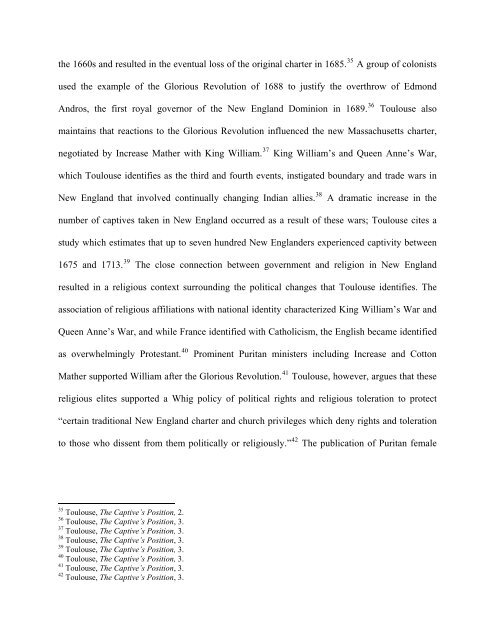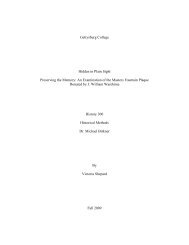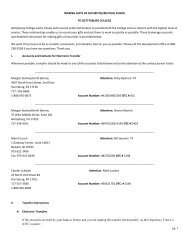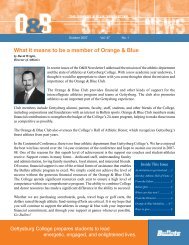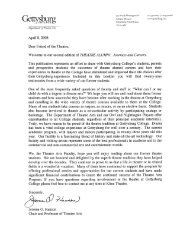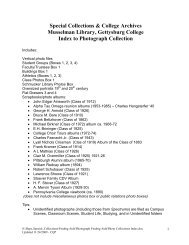Sweet Tooth for Empire: Sugar and the British Atlantic World
Sweet Tooth for Empire: Sugar and the British Atlantic World
Sweet Tooth for Empire: Sugar and the British Atlantic World
Create successful ePaper yourself
Turn your PDF publications into a flip-book with our unique Google optimized e-Paper software.
<strong>the</strong> 1660s <strong>and</strong> resulted in <strong>the</strong> eventual loss of <strong>the</strong> original charter in 1685. 35 A group of colonists<br />
used <strong>the</strong> example of <strong>the</strong> Glorious Revolution of 1688 to justify <strong>the</strong> overthrow of Edmond<br />
Andros, <strong>the</strong> first royal governor of <strong>the</strong> New Engl<strong>and</strong> Dominion in 1689. 36 Toulouse also<br />
maintains that reactions to <strong>the</strong> Glorious Revolution influenced <strong>the</strong> new Massachusetts charter,<br />
negotiated by Increase Ma<strong>the</strong>r with King William. 37 King William’s <strong>and</strong> Queen Anne’s War,<br />
which Toulouse identifies as <strong>the</strong> third <strong>and</strong> fourth events, instigated boundary <strong>and</strong> trade wars in<br />
New Engl<strong>and</strong> that involved continually changing Indian allies. 38 A dramatic increase in <strong>the</strong><br />
number of captives taken in New Engl<strong>and</strong> occurred as a result of <strong>the</strong>se wars; Toulouse cites a<br />
study which estimates that up to seven hundred New Engl<strong>and</strong>ers experienced captivity between<br />
1675 <strong>and</strong> 1713. 39 The close connection between government <strong>and</strong> religion in New Engl<strong>and</strong><br />
resulted in a religious context surrounding <strong>the</strong> political changes that Toulouse identifies. The<br />
association of religious affiliations with national identity characterized King William’s War <strong>and</strong><br />
Queen Anne’s War, <strong>and</strong> while France identified with Catholicism, <strong>the</strong> English became identified<br />
as overwhelmingly Protestant. 40 Prominent Puritan ministers including Increase <strong>and</strong> Cotton<br />
Ma<strong>the</strong>r supported William after <strong>the</strong> Glorious Revolution. 41 Toulouse, however, argues that <strong>the</strong>se<br />
religious elites supported a Whig policy of political rights <strong>and</strong> religious toleration to protect<br />
“certain traditional New Engl<strong>and</strong> charter <strong>and</strong> church privileges which deny rights <strong>and</strong> toleration<br />
to those who dissent from <strong>the</strong>m politically or religiously.” 42 The publication of Puritan female<br />
35 Toulouse, The Captive’s Position, 2.<br />
36 Toulouse, The Captive’s Position, 3.<br />
37 Toulouse, The Captive’s Position, 3.<br />
38 Toulouse, The Captive’s Position, 3.<br />
39 Toulouse, The Captive’s Position, 3.<br />
40 Toulouse, The Captive’s Position, 3.<br />
41 Toulouse, The Captive’s Position, 3.<br />
42 Toulouse, The Captive’s Position, 3.


